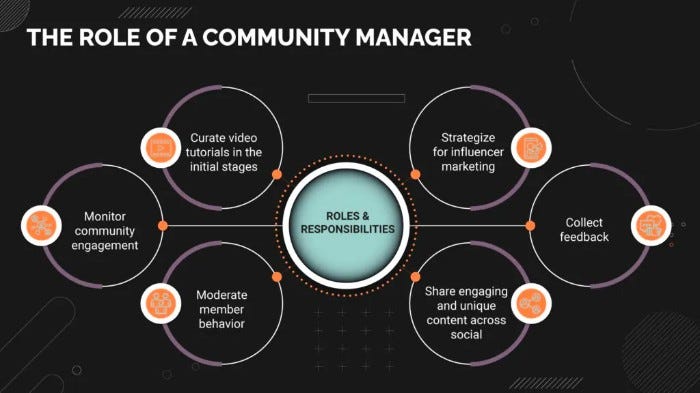How to build a real Discord community [Step by Step Guide]
![How to build a real Discord community [Step by Step Guide]](/content/images/size/w2000/2023/07/png_20230709_190942_0000.png)
Mastering Discord series Part 2 - How to set up the back-end Discord server and protect it from malicious attacks
Mastering Discord series Part 3 - How to onboard new users to increase activation and engagement with AI
Handling a community of thousands can be overwhelming and leave you feeling exhausted. People are constantly asking questions, submitting tickets, and even publishing illegitimate content that needs to be moderated. All this demands considerable energy from the team responsible for its upkeep.
With so many options available, it’s important to ensure you have the right people working with you to ensure that your project is successful.
Whether you’re looking for volunteers or professionals, taking the time to research and find the best team is essential in ensuring your community project's success. This article will provide tips and advice to help you find the perfect team of experts who can bring your vision to life.
Step 1: Have the core team involved in the community.
The core team is vital to ensure a positive experience and lasting impact even as you scale up. When new users join your community, the founders should be actively involved in engaging with them for maximum success. Make sure that their involvement stays strong; regardless of size or growth, the core team is a significant player who will make all the difference.
Step 2: Interact with your community!
Social media and communities differ significantly in their approach to communication, with social media relying on reactions while communities focus more on interaction.
To ensure that your community is interacting, appoint an internal staff member, such as a chatter or moderator, to welcome new members when they join.
Make sure you get to know your users; ask them where they are from and what they hope to gain by joining the community, and discuss any upcoming projects related to the company.
Step 3: Decide whether you want to hire a community management team to assist you
On the one hand, if you are prepared to be an active member of the Discord server and host your own events, there is no need for hire. You can take on the Community Manager role and efficiently manage all aspects.
On the other hand, if you'd prefer to take a break from your Discord but still have someone keeping an eye out for any issues, recruiting a community moderator is the perfect solution!
They'll monitor conversations and alert you of potential problems so that you don't have to be logged in all day long.
Step 4: Understand the difference between a moderator and a community manager
Community Managers differ from mods in that they are expected to profoundly understand their communities' overall picture and vision, propose creative ideas, and get close to users.
Mods are mainly appointed for engagement purposes - monitoring chat activity, moderating conversations between members, etc. For more information on what it means to be a moderator, you can read our article at CommunityOne.io/blog_article/mod-101-part-1-what-does-a -Discord-Mod-do?

https://medium.com/@blumbergermedia/how-to-launch-and-scale-a-crypto-community-cef9a62cc2da
Step 5: Prepare a budget for your community management
Moderators' weekly rates vary from $80 to $200.
We propose employing Community Managers (CMs) for a weekly rate of $200, equating to an estimated monthly salary of between $600 and $800.
Feel free to visit our marketplace to build your team of community moderators and managers
Step 6: Use our software to improve your moderator’s productivity by 4x
No matter what path you take, it is essential to be actively involved in the beginning. Using our dashboard daily to provide feedback and constantly monitor the performance of your mods can increase their work productivity by up to four times! We also have weekly check-ins with clients so that we may assist them in managing their community more effectively.
Step 7: Humans VS Technology; Understanding the difference
Keep in mind that communities evolve at the pace of people, not technology.
It will take some time to alter habits and behaviors inside a community; you should be prepared for the process to take five to six months.
Before your full-scale launch, start simply with cost-efficient approaches rather than working with an agency right away. In our following article, we'll discuss how to establish a robust base for your community.
Summary
• Communities succeed when founders are actively engaged with members
• Know the differences between social media and communities to customize your approach
• Hiring moderators or community managers is necessary for larger groups; costs range from $80-200/per week
• Proactively checking in on mods can maximize productivity
• Expect it to take 5-6 months before habits and behaviors within the community are altered completely.
• Start lean, simple, and cost-effective before a full-scale launch.
